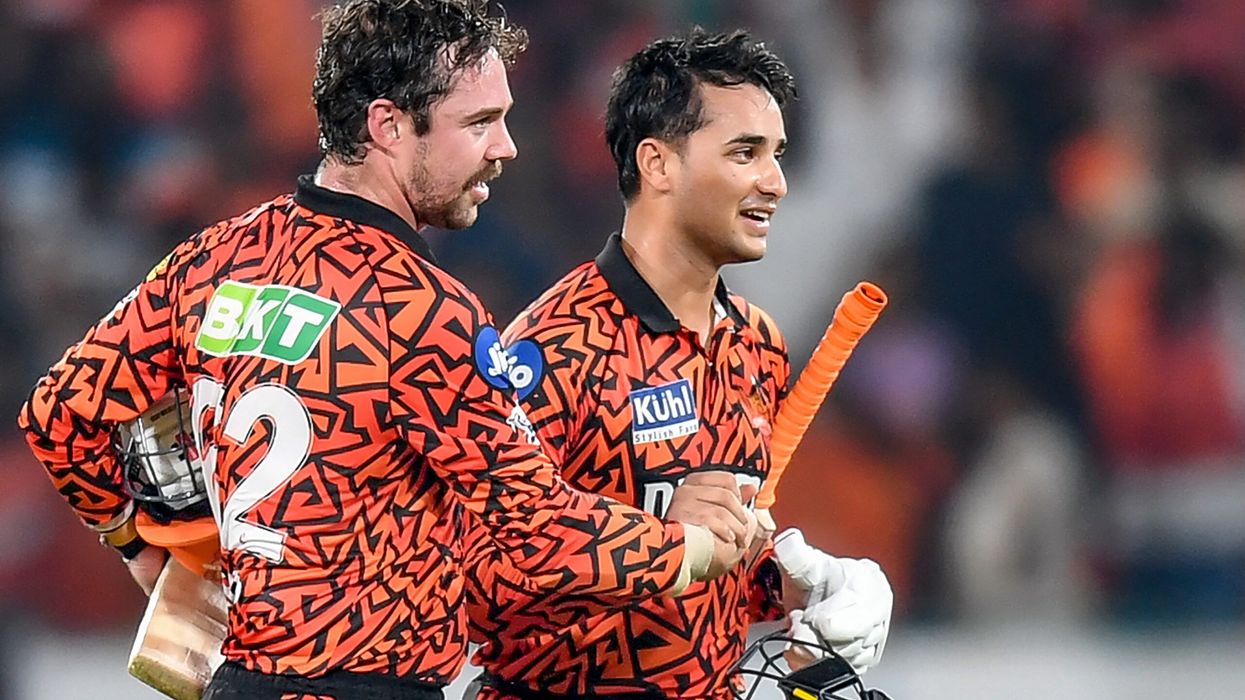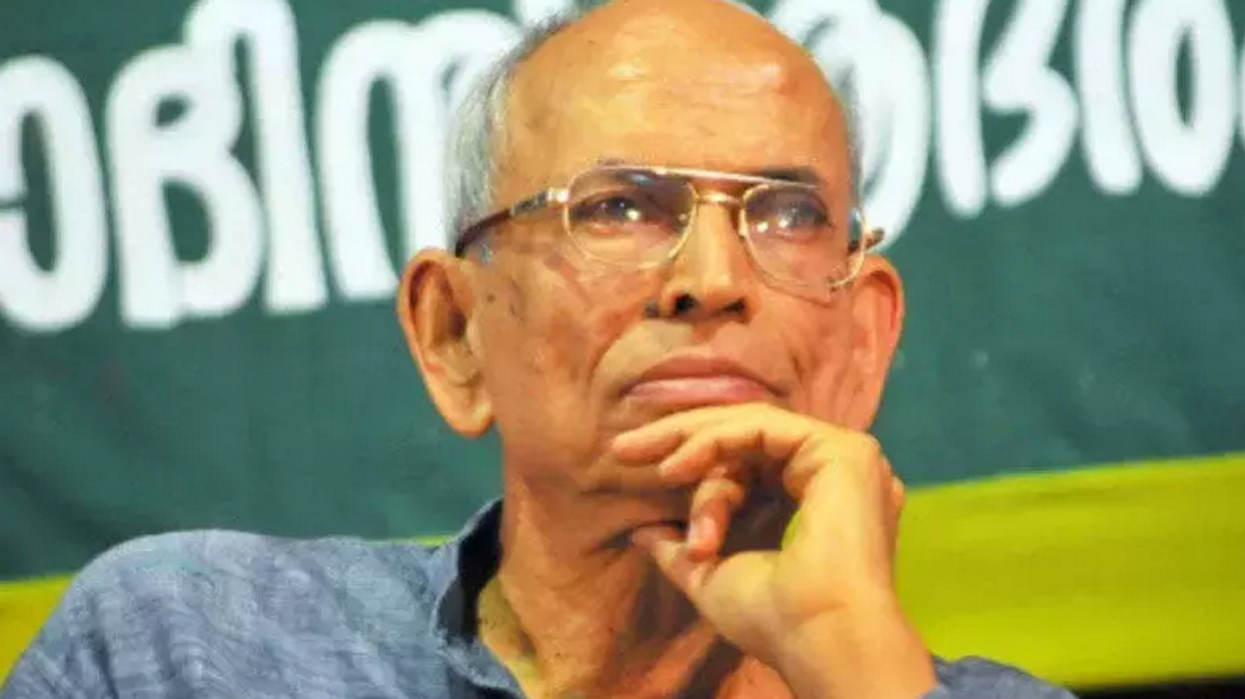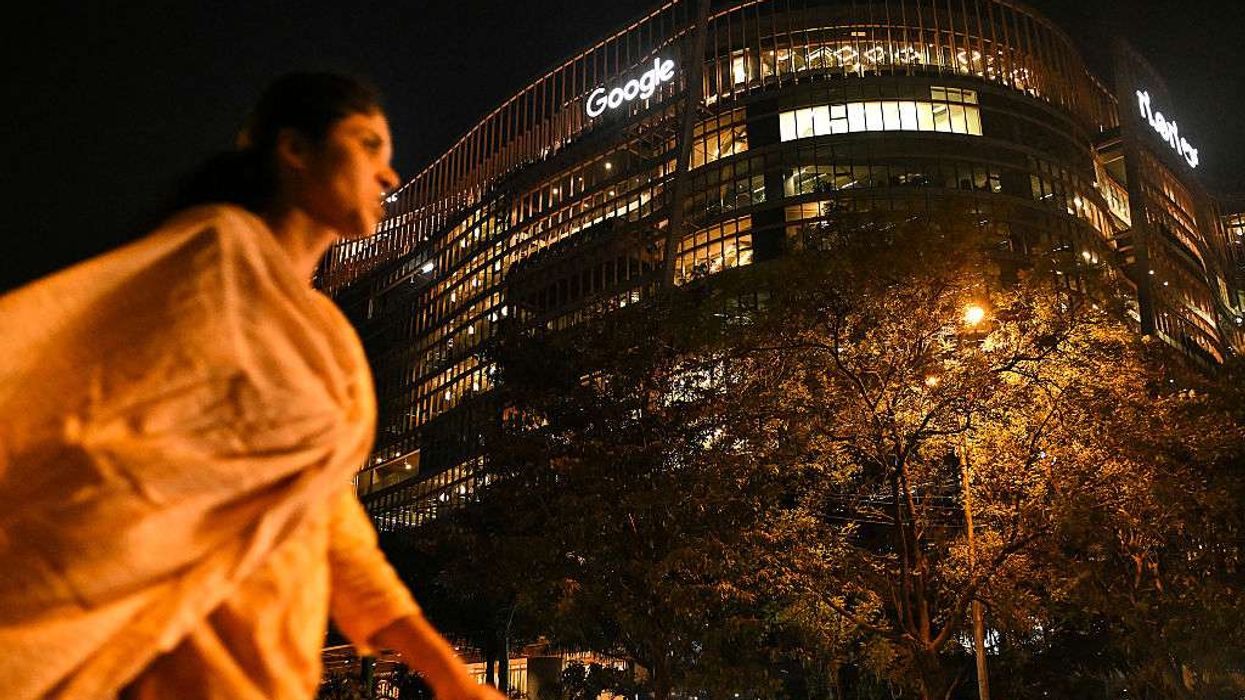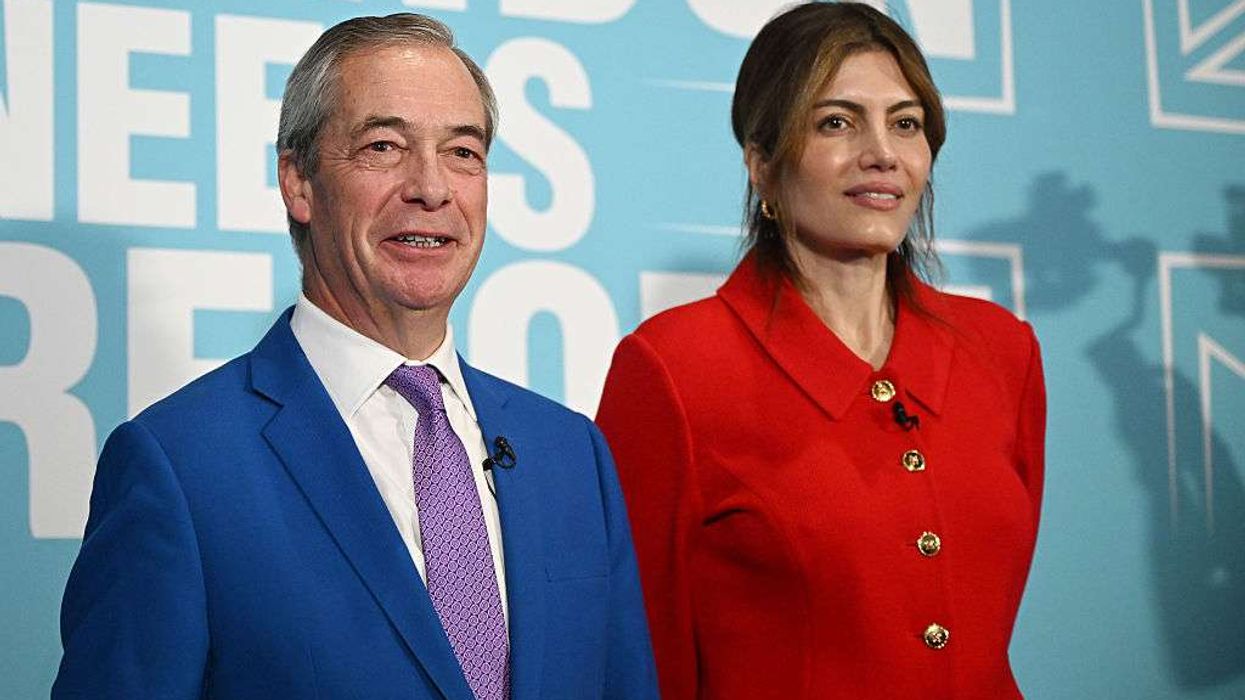Sunrisers Hyderabad secured a dominant victory over Lucknow Super Giants in the IPL match on Wednesday, winning by 10 wickets.
The openers, Travis Head and Abhishek Sharma, were in sublime form and thrashed the opposition attack all over the park and chased down the target of 166 runs with 10.2 overs to spare at their home in Uppal.
Reflecting on the match, Lucknow skipper KL Rahul expressed his astonishment at the batting display of the Hyderabad openers, stating, "I'm lost for words. We've watched that batting on TV but that was unreal."
Head's aggressive approach saw him reach his fifty in just 16 balls, displaying remarkable form as he surpassed the 500-run mark for the season. Head is now third in the batting chart behind Virat Kohli (542) and Ruturaj Gaikwad (541) with his fourth half-century.
Speaking after the match, Head emphasised the significance of his spin game, particularly in the context of the upcoming T20 World Cup in the Caribbean.
Head lauded his younger partner Abhishek, 23, and said: "His spin game is something else. We complement each other so well."
Abhishek joined the charge as he got to his fifty in 19 balls after the pair took Hyderabad to 107 in the first six overs of powerplay when only two fielders are allowed outside the inner circle.
With this win, Hyderabad, the 2016 IPL champions, registered their seventh victory in 12 matches, boosting their chances of making it to the playoffs. Captain Pat Cummins, celebrating his 31st birthday on match day, was treated to a perfect gift by his team.
Speaking about his teammates' performances, Cummins praised Head's unconventional hitting and Abhishek's prowess against spin and pace. The contributions weren't limited to the batting department; seam bowler Bhuvneshwar Kumar played a pivotal role in restricting Lucknow to 165-4 with his impressive figures of 2-12 in four overs.
(AFP)













